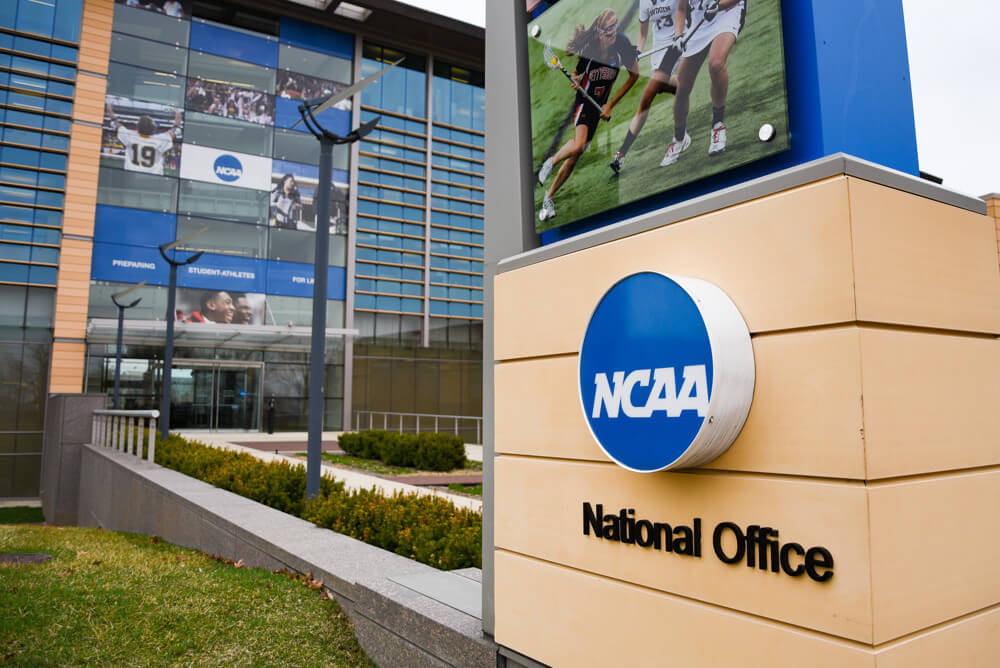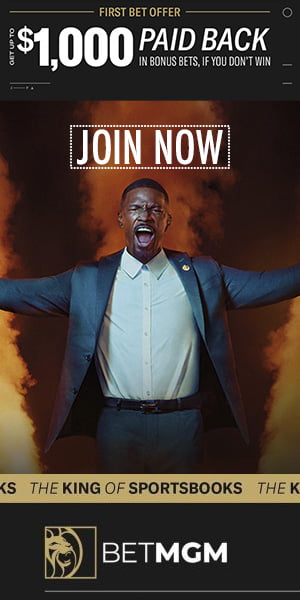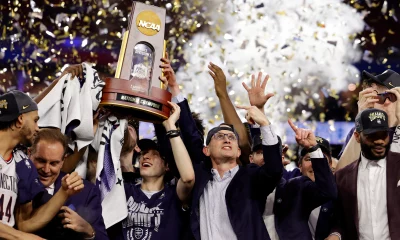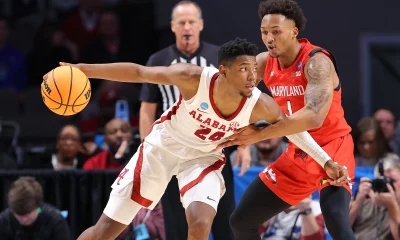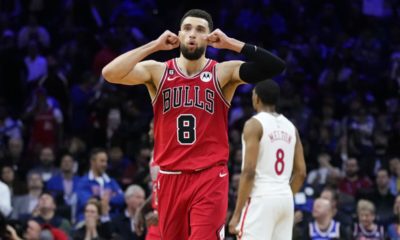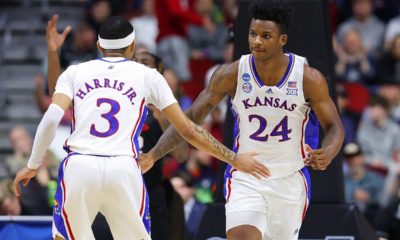The NCAA is trying a different route to keep athletes under its thumb with a new federal NIL bill would severely put into risk college athletes’ rights. The NCAA is responsible for pushing this congressional bill that looks to prevent amateur athletes from being able to make money from their likeness. Athletes receive some money while in college, so this is beneficial for them since they are not professional players. It doesn’t mean that only because they don’t play in the professional leagues they should be discredited and believe that their performance is less important.
The NCAA Gets Lawmakers Involved In Its NIL Fight
A report says that the college sports governing body brought to its congressional parties a version of a bill including a proposal for the name, image, and likeness (NIL), and this is eventually going to impact the rights of the amateur athletes. This decision would mean less money for the players and is a not-so-veiled attempt to prevent states from passing legislation that allows college athletes to collect on the use of their talent – the NCAA wants that money. After California passed its own NIL bill in favor of college athletes, several states followed suit and the NCAA has tried to fight them every step of the way.
The ongoing report established the following, “The governing body of college athletics is asking for lawmakers to grant it antitrust protection, preemption from differing state NIL laws and to allow it to craft all rules on athlete compensation.” The NCAA came up with these conditions as a way to change some policies that would affect amateur players. It has named this bill “The Intercollegiate Amateur Sports Act of 2020.”

100% Bonus up to $1,000 + $25 Token
T&C APPLY | NJ, MI ONLY Join Now
100% Bonus up to $1,000 + $25 Token
T&C APPLY | PA ONLY Join Now
$1000 Risk Free Bet
T&C APPLY | NJ, PA, IN, CO, NJ, MI, IA, LA, MS, OH ONLY Join NowThe bill has two points that will be considered:
- “The NCAA is seeking federal protection from lawsuits and state laws from Congress. As a matter of fact, this would strip athletes of any union and worker rights. Being exempt from antitrust lawsuits would give the NCAA a whole lot more power.”
- “The NCAA is trying that the feds adopt a wide-ranging NIL program nationally, but still wants to be able to control said policy itself. Again, this would be putting all of the powers in the governing body’s hands.”
The NIL Bill Will Kill NCAA Sports
The report has some policies that would be implemented at a later date. It says, “By no later than June 30, 2021, the NCAA says it shall establish rules and standards for administering financial aid, participation benefits, licensing revenues and other benefits or payments, including NIL, to amateur athletes, according to the document. They will be in charge of also determining the eligibility of NCAA athletes based on their NIL ventures, referring to such as “receipt of payments or benefits from a third party.” If this bill is to come into effect, players should be asked if they agree with such statements. The first thing the NCAA should do is determine if this federal bill will benefit the players’ income or if it is a bad choice for the athletes. The athletic association should consider the interests of all parties involved, but the answer to that question is obvious.
No More Endorsements, No More Motivation
However, it seems that the NCAA is only thinking about its own benefit. According to some, the federal bill would leave NCAA athletes without endorsement deals and even it would stop them from getting revenues from their NIL. The organization is adamant about treating amateurs differently than how professional athletes are treated because they say that it would impact the balance with college sports. However, that’s just a veiled excuse to keep its revenue streams, just like it has tried to do with sports gambling.
This decision goes beyond a financial matter – it is trying to have full authority over amateur players. The image of college sports might become deteriorated, and what is more, some aspiring athletes may think twice before joining a college league due to the change of policies. In fact, some top high basketball recruits have decided to avoid college hoops completely and have moved directly to the NBA’s G-League.

